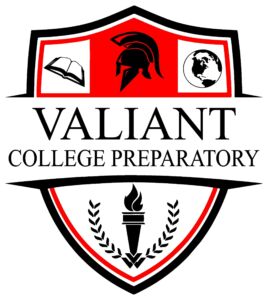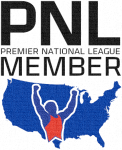World History Syllabus
World History
Valiant College Prep
Ms. Watters
2020-2021
Course Description:
The course will cover events that have shaped our world from 8000 BCE to the present and is truly global in scope with Africa, the Americas, Asia, Europe, and Oceana each represented and is taught at a college level. Students will learn and understand themes in history and begin to think, research and write like an historian. In order to do this, the course involves a lot of reading of textbook materials, as well as secondary and primary sources. It will also entail individual research and writing assignments requiring the student to analyze and evaluate multiple sources and support an historical thesis.
Historical Themes:
Advanced Placement World History highlights six overarching themes that form the cornerstone of the teaching and learning experience. The teaching plans for each of the units will utilize the six themes detailed below. These six themes will be stressed daily as well as reviewed collectively at the end of each unit.
1. The relationship of change and continuity from 8000 BCE to the present and the causes and processes involved in major changes of this relationship
2. Impacts of interaction among and within major societies (trade, international exchange, war, diplomacy, etc.)
3. The effects of technology, economics, and demography on people and the environment
4. Systems of social structure and gender structure
5. Cultural, religious, and intellectual developments
6. Changes in functions and structures of states and in attitudes toward states and political identities (political culture), including the emergence of the nation state (types of political organization)
*Taken from apcentral.collegeboard.com
Skills:
Your work in this course will develop seven skills, that any good student of history acquires in the course of examining, analyzing, and explaining history. These habits fall into two categories: those used in all historical analysis and those specific to world history.
Course topic Overview:
Unit 1: Early Humans and Civilizations
Beginning of humans and the development of societies and civilizations
Unit 2: Ancient Empires
First major civilizations in Africa and Asia-Egypt, Mesopotamia, China, India, Greece and Rome
Unit 3: Civilizations after the fall of Rome
Beginning of modern times, Middle Ages, rise of Middle Eastern societies and Asian empires.
Unit 4: Early Modern Times
Renaissance, Reformation, Exploration and the first global age.
Unit 5: Enlightenment and Revolutions
New ideas and revolutions: American Revolution, French Revolution, Latin American Revolutions
Unit 6: World Wars
World War 1, World War 2, rise of Dictators in Europe
Unit 7: Modern World
Cold War, and Post Cold War World through today.
Grading:
Students will be graded on the following scale:
90%–100% A 80%–89% B 70%–79% C 60%–69% D 0%–59% F
Grades will be based on a variety of assessments such as classwork, homework, quizzes, essays, unit exams, a midterm exam and a final exam. Unit Exams will consist of multiple choice questions along with short essay answered questions. Midterm and Final Exams will be essay style questions based on lecture, primary and secondary sources studied and research done throughout the class.
Cheating or plagiarism will not be tolerated. Late work will receive 15% off for each day late. After 3 days, it will receive a failing grade. Students are expected to attend all classes. However, things do come up that are unforeseen and cannot be helped. Student’s must make up assignments or exams missed in a timely fashion to be arranged and agreed on upon the students return. Due to the rigorous nature of this course and the amount of reading to be done, falling behind will make things extremely difficult.
Homework is to be turned into the designated class bin by 7:45 AM each day.
Come to class with binder, paper, pen and textbook ev


